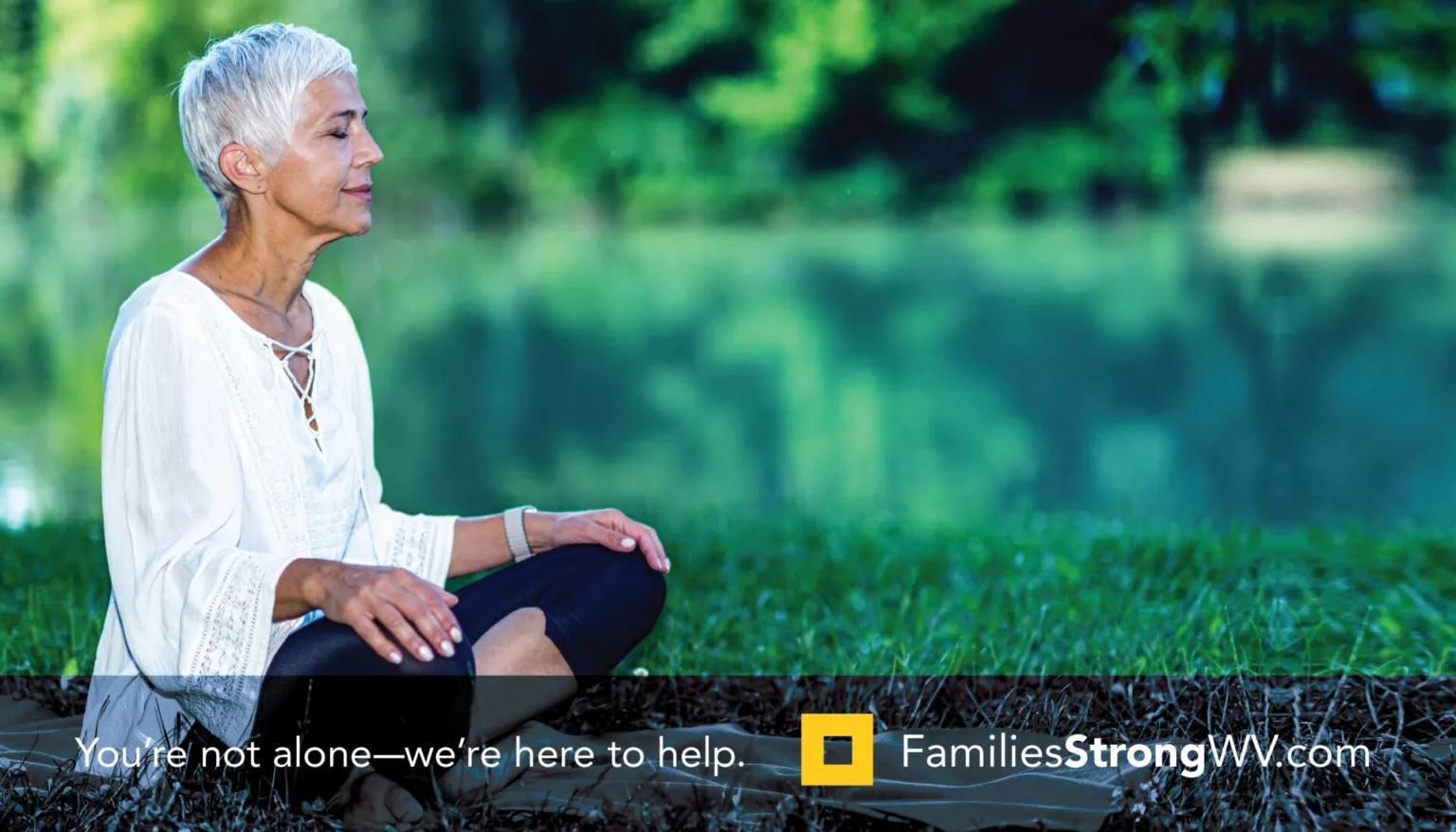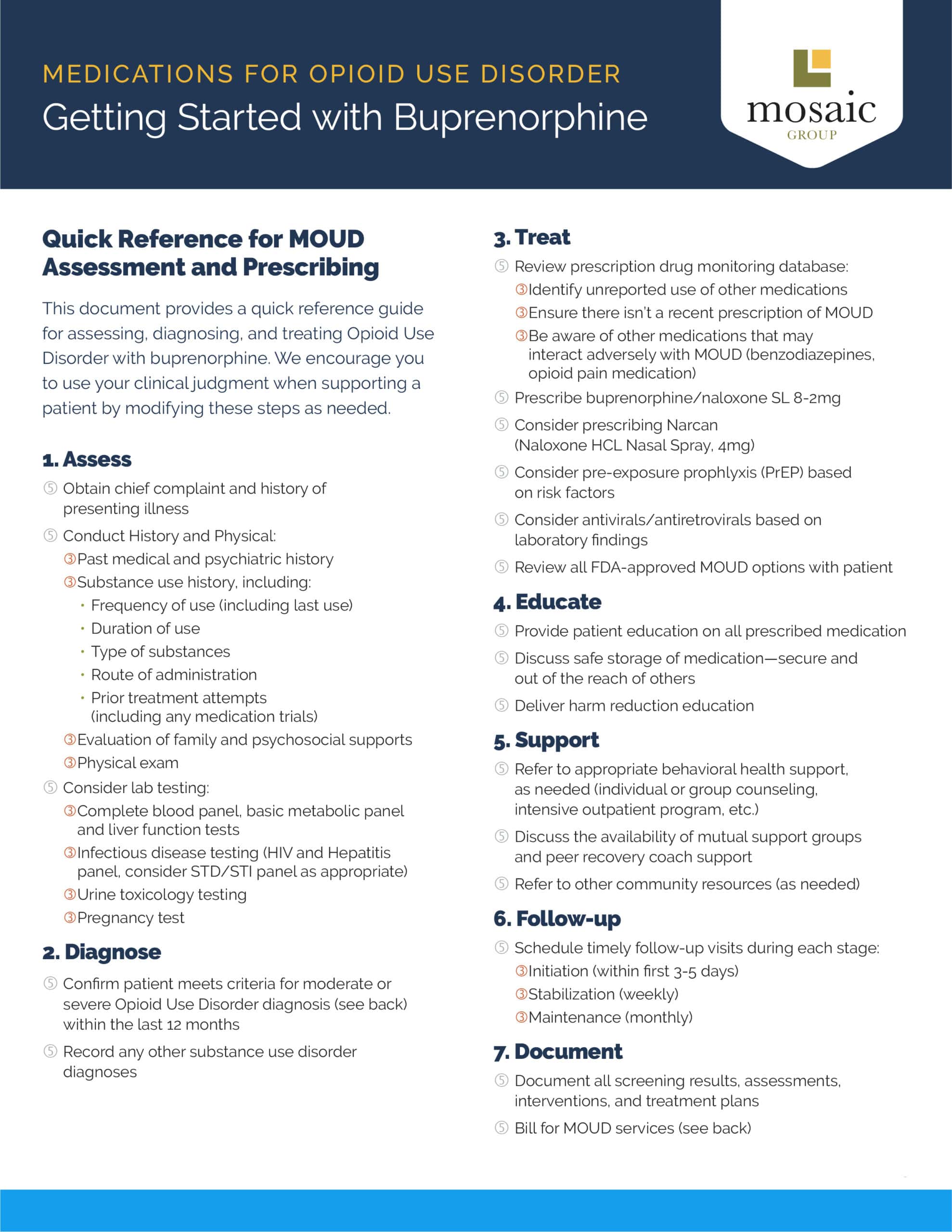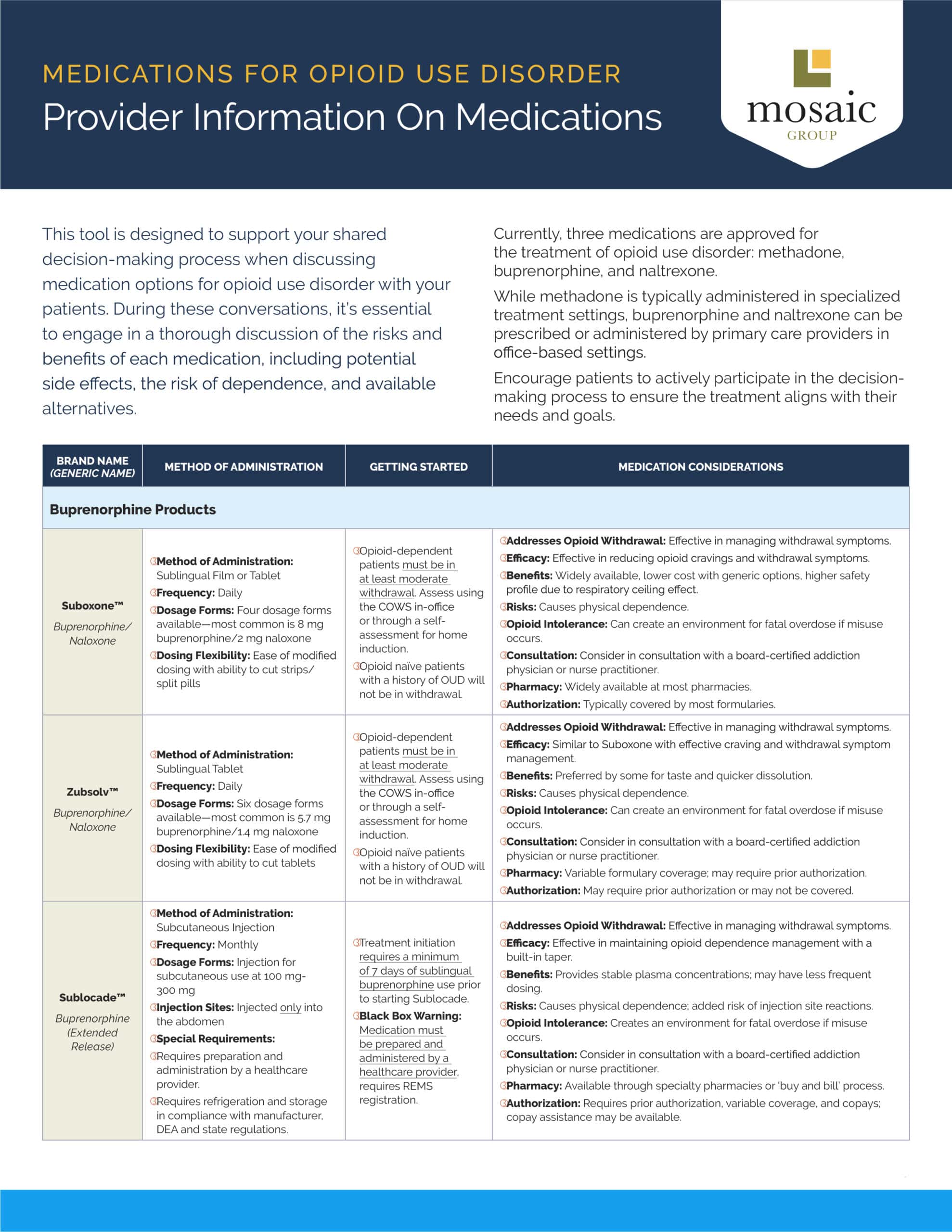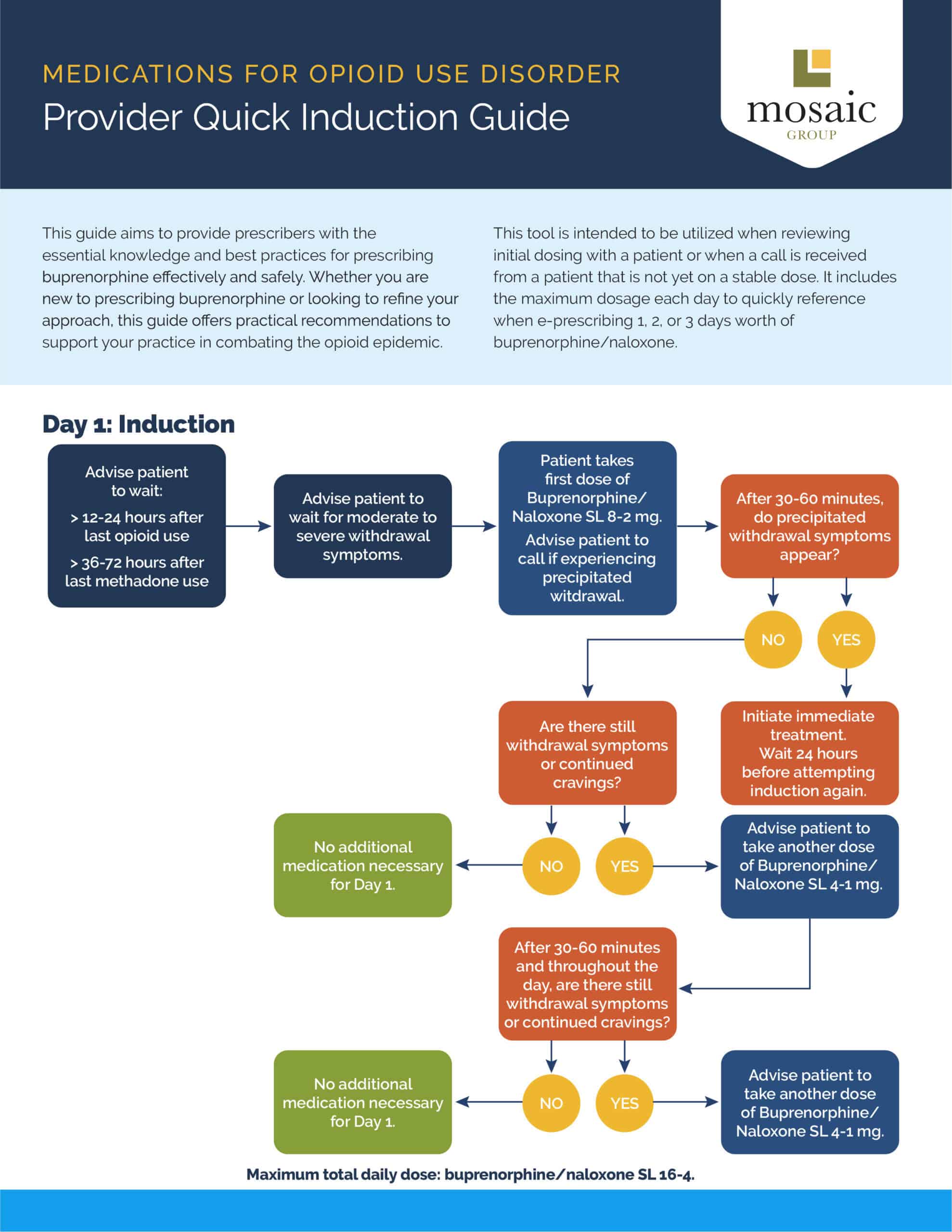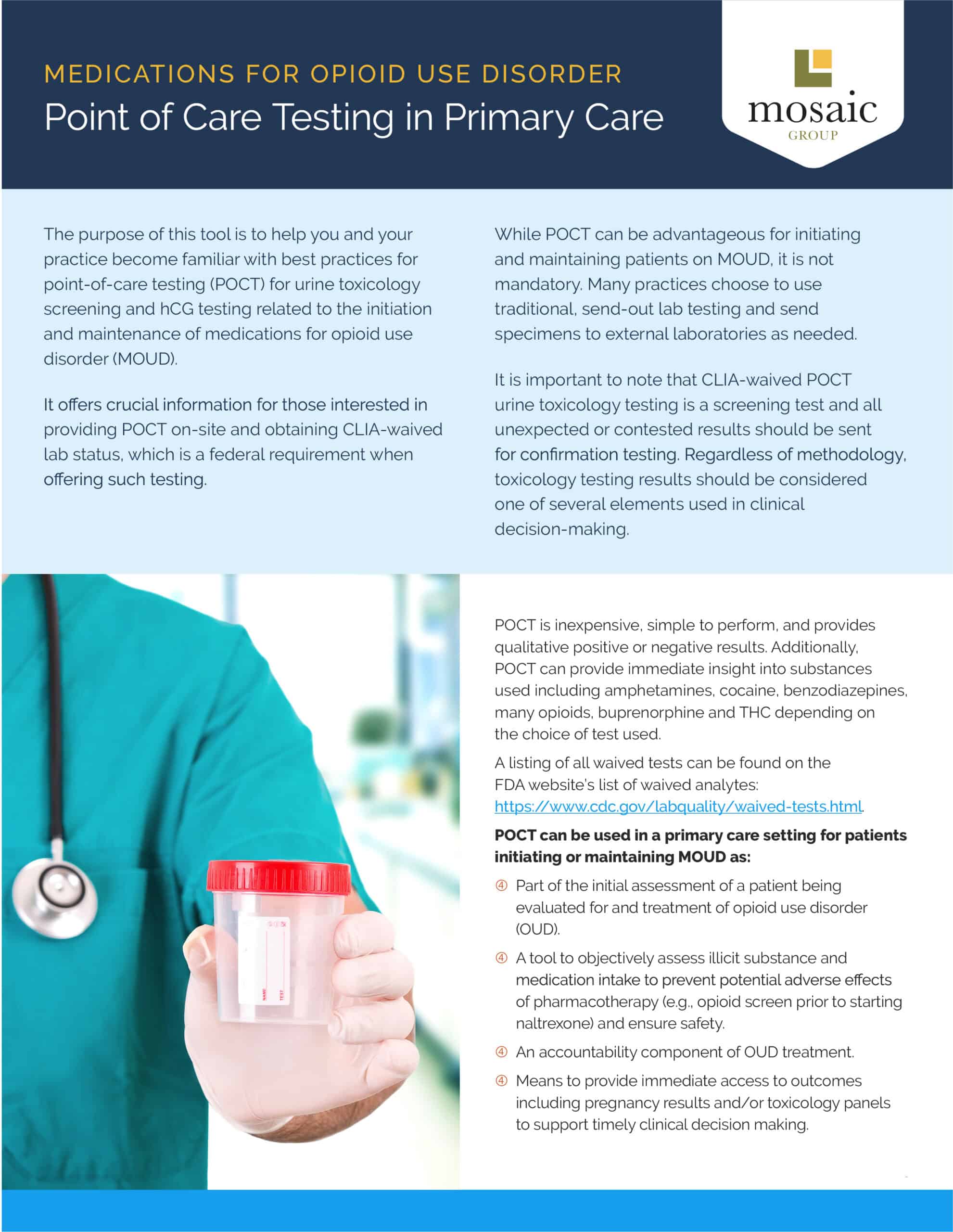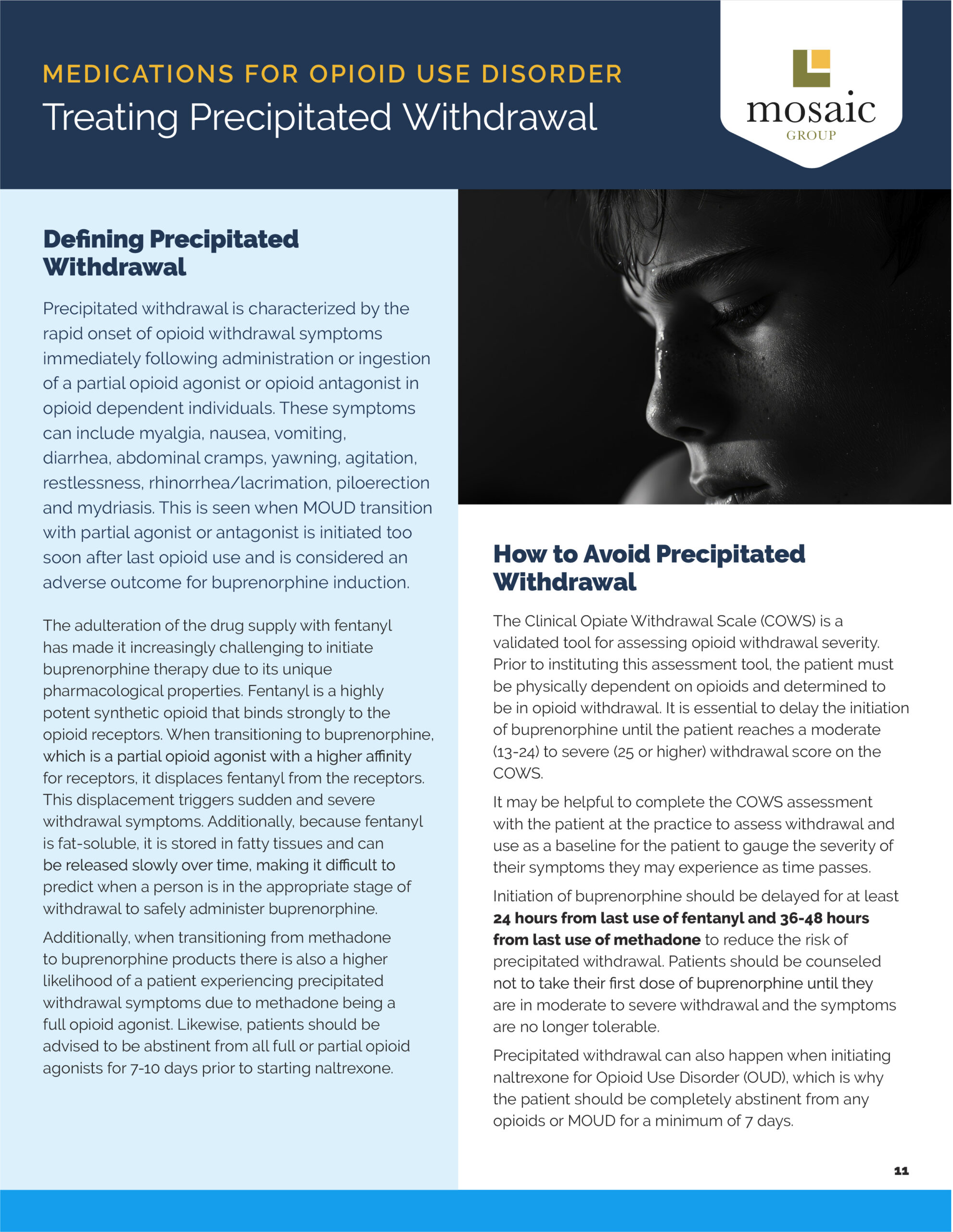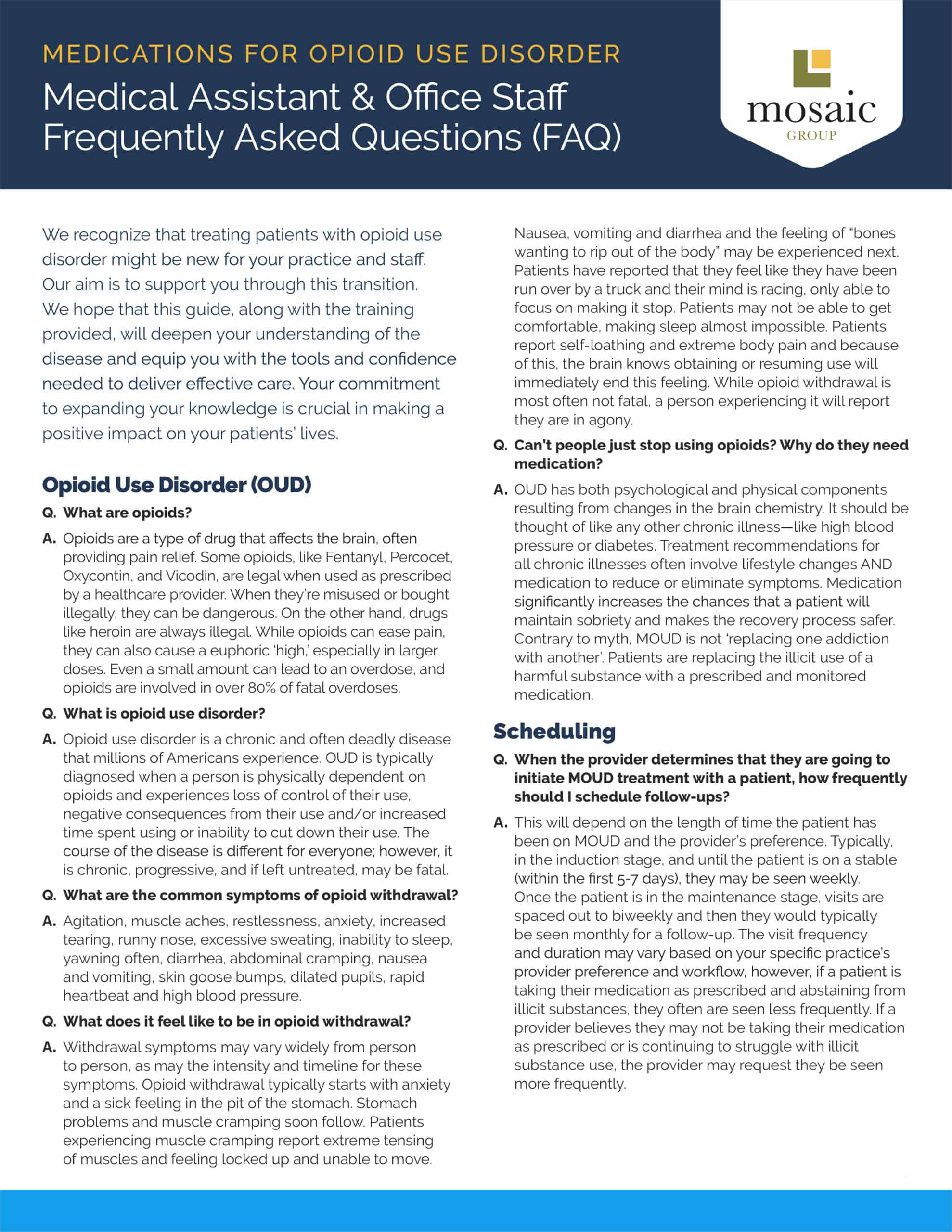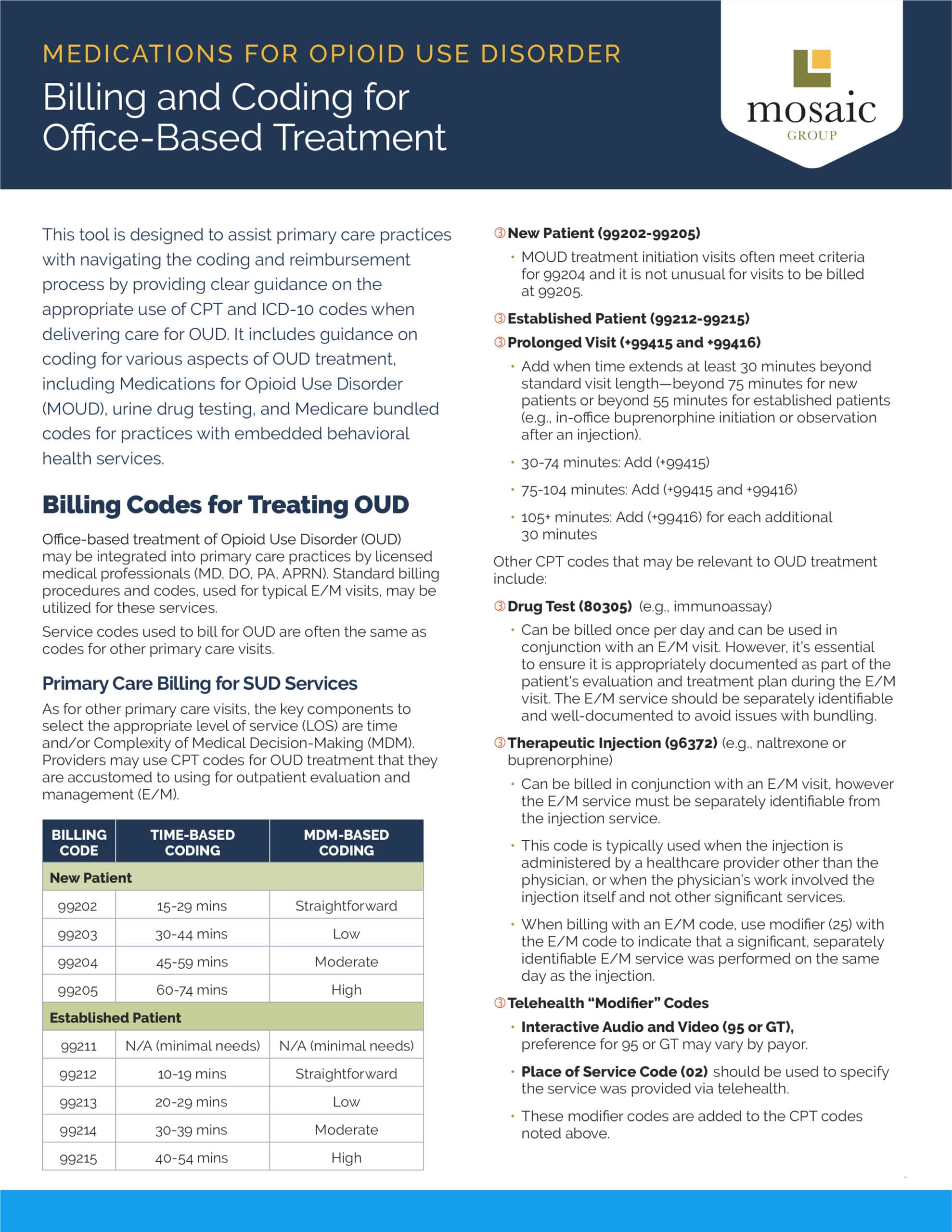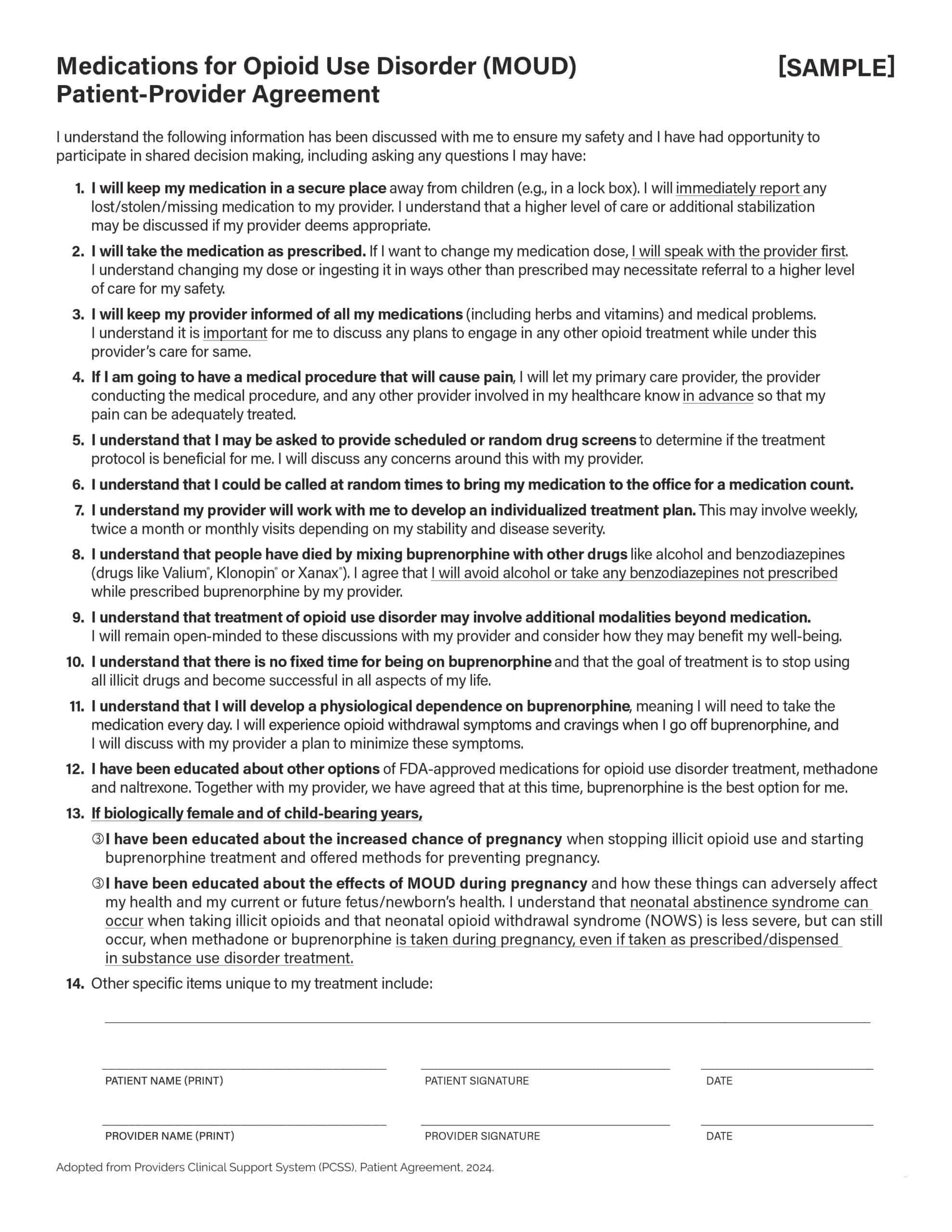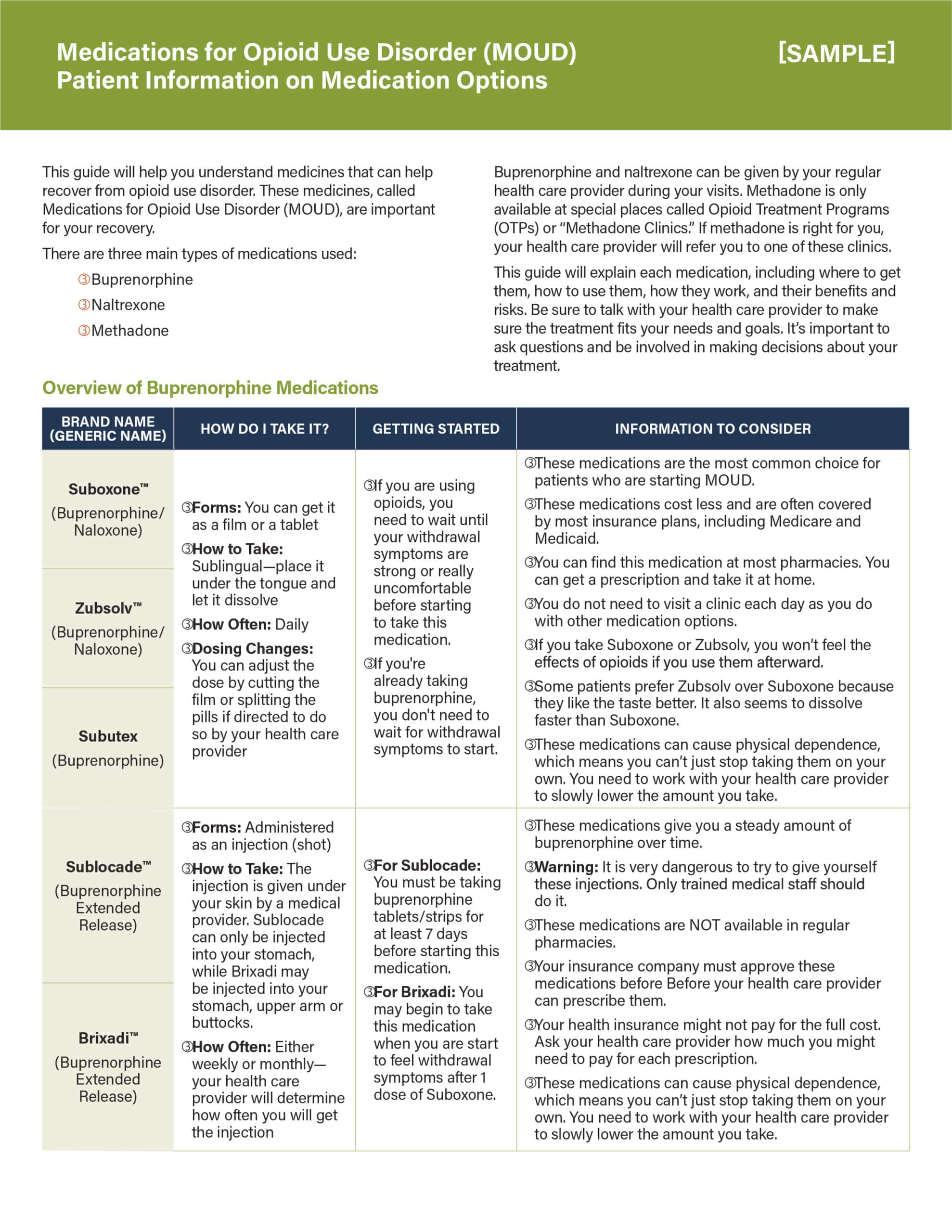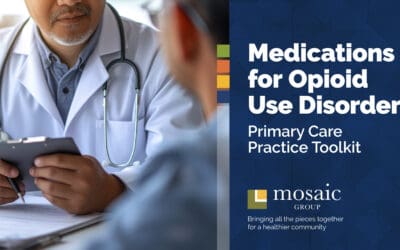Mediation can help you stay calm during even the most difficult days.
Meditation has become increasingly popular thanks to the many benefits it offers the mind and body when practiced on a regular basis. It is an incredible self-care tool to help you stay grounded and calm during the most difficult days. This article explains what meditation is and what you can expect when you first try it. We’ll also share some of the top meditation apps that can help you cultivate a regular meditation practice.
What is Meditation?
According to Thich Nhat Hanh, a well-known Buddhist monk, meditation is “practiced concentration.”
In its simplest form, meditation teaches the practitioner to “just be”— to experience life from a place of acceptance and nonjudgment. This practice eventually leads to reduced stress and a sense of gratitude. Though it looks like resting, the practitioner is actively focusing on the present moment.
The practice of meditation has many benefits. It can improve the overall health and wellbeing of the practitioner. The National Center for Complementary and Integrative Health (a research arm of the U.S. Department of Health and Human Services, National Institutes of Health) lists several recent studies about the benefits of meditation—from reduced stress and anxiety to help with high blood pressure and cancer.
Meditation can be particularly helpful for those who are encountering a great deal of worry and stress, like those with a loved one who has a substance use issue. The practice of being in the present moment and having gratitude can negate worry, stress, and even depression. It allows you to come from a place of calmness as you interact with others. You will communicate better with your loved one and present a peaceful persona which can stabilize your relationship.
What to Expect
The first time you sit down to meditate can be a daunting experience. Many people struggle to get through even a couple of minutes. This is perfectly normal. That’s why we recommend downloading one of the meditation apps we share below or find a free guided meditation on YouTube. These apps can help you feel more supported as you get acquainted with the practice.
Start off with just a few minutes of meditation. Then, each week, you can increase this until you get to roughly 10 or 15 minutes a day. Whatever you do, don’t put too much pressure on yourself or have too high of expectations for your first sessions. Be easy on yourself. That’s why we call it “practice.”
Tips to Get Started
Meditation is a very personal practice, so you’ll want to find a time and place that works best for you. Choose a quiet spot and time of day where you will have no distractions.
As mentioned before, one goal of meditation is to “just be.” We do this by emptying our mind of thoughts. This is easier said than done, of course. This goal is intended to make us aware of the many racing thoughts that we experience in any moment. Every time a thought enters our mind, we acknowledge it and bring ourselves back to being present. The practitioner will do this again and again. This process helps us to choose to be present, calm, and focused, rather than distracted, worried, and stressed.
The concept of ”being present” is difficult to grasp (and, frankly, practically unattainable). So don’t think of yourself as a failure for not understanding it at first.
A trick that many employ to help them with this concept is to focus on breathing. One might focus on the breath as it passes in and out of the body—noting how the breath feels as it comes in through the nose and fills the lungs, then as it passes back out over the upper lip upon exhale. Another trick is to focus on “circular breathing”: breathe in through your nostrils, hold the breath in your lungs, then breathe out through your mouth. These practices focus on how the breath feels as it moves in and out of the body, and by doing so, helps the practitioner to focus on the present moment while also releasing worry and stress.
Top Meditation Apps
Many free or inexpensive tools are available to help you get into meditation. These are a few of our favorite meditation apps:
- Calm—Calm is one of the world’s most popular meditation apps. It offers both free and paid for options, with a huge library of guided meditations from famous athletes and actors. You’ll also find there are some unguided options, which you may enjoy as you become more familiar with the practice. Return each day for the new daily practice to keep your sessions more engaging.
- Insight Timer—Insight Timer has a whopping 45,000 free meditations to choose from, so it’s a great option if you are trying to meditate for the first time. You’ll be able to filter through the options to find one to suit your current concerns, which could include reduced stress or help with sleep. We also appreciate the community aspect of this app, which can help you to connect with like-minded individuals from around the world.
- Headspace—Headspace is another popular app for first-time meditators. We find this app very easy to use, so it’s ideal for anyone who doesn’t want to spend too much time on their phone. You’ll find options to suit beginners through to more experienced meditators, so this app can help you to meditate for many years to come.[DB1]
Join Us at Families Strong
Families Strong offers group sessions which equip you with the tools and resources to support your loved one no matter how tough things get. Self-care is an essential part of that toolkit. We believe that when you are in a healthy place—a place of peace and calm—you can maintain balance in your life and be a better support to those who need you. If you are interested in our program, get in touch with our team today at (681) 378-2086 or email [email protected].
_____________________
Families Strong is a free, 8-week support group for the families and friends of individuals who are using substances. It is designed to help reduce the negative effects of substance use issues on families. The program is developed and guided by Mosaic Group, nationally recognized experts in behavioral health. To learn more about the program and how your organization or state agency can partner with Mosaic Group to implement it, contact us at [email protected].

